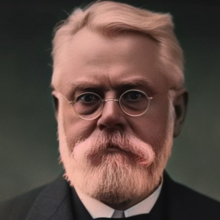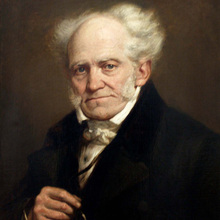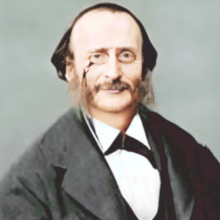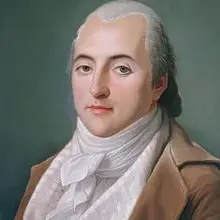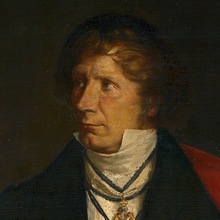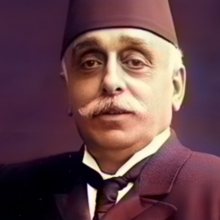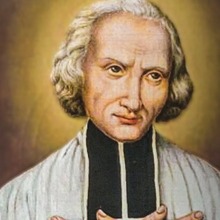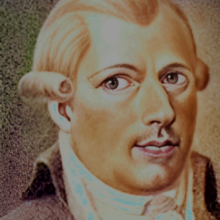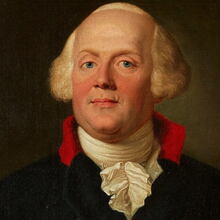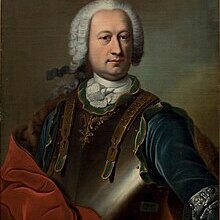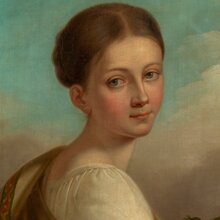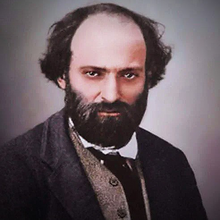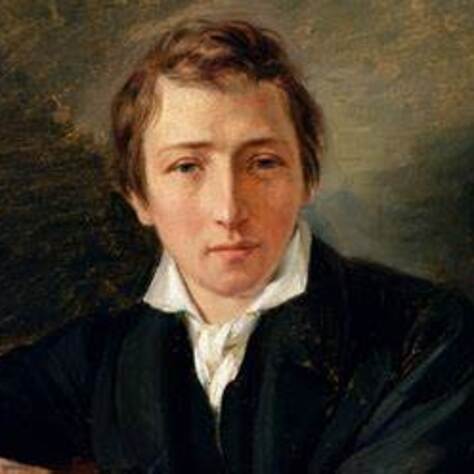
Personal
Other names:
Christian Johann Heinrich Heine
Job / Known for:
Poet, writer and literary critic
Left traces:
His lyric poetry
Born
Date:
1797-12-13
Location:
DE
Düsseldorf, Duchy of Berg, Holy Roman Empire
Died
Date:
1856-02-17 (aged 59)
Resting place:
FR
Death Cause:
Spinal tuberculosis
Family
Spouse:
Crescence Eugénie Mirat (m. 1841)
Children:
Parent(s):
Samson Heine and Betty van Geldern
QR Code:
Show More
Rank
Users ranking to :
Thanks, you rate star
Ranking
5.0
1
About me / Bio:
Show More
Article for Heinrich Heine
Died profile like Heinrich Heine
Comments:

